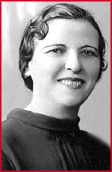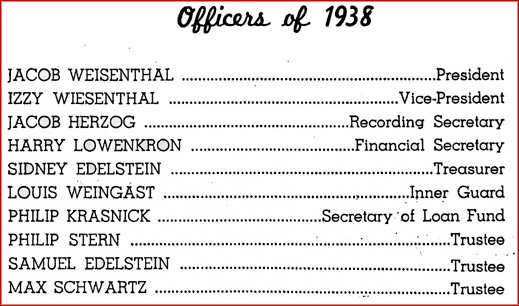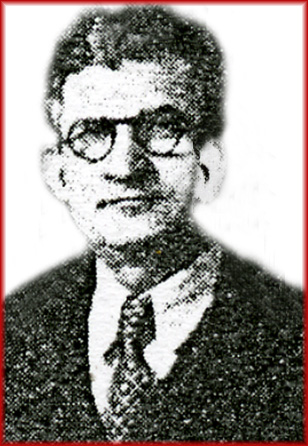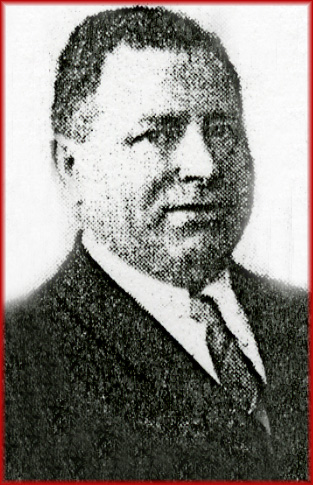
2. Ida Wiesenthal (ca. 1930) |
The Skala Ladies Auxiliary was founded in 1917 and incorporated two years later. Although she was born in Kalarash, Bessarabia, Jacob Wiesenthal's wife Ida was the first president of the Skala Ladies Auxiliary. As was common within marriages where the partners were born in different towns, Ida was active in the Skala organization and her husband Jacob was active in the Kalarasher-Bessarabier Progressive Association founded by Ida's parents. The Skala Ladies Auxiliary raised and distributed funds for emigrés from Skala who were in need.
At first, all of the charitable help given by the Society was to people and organizations in America. During World War I, the Society began to help people in Skala. A Relief Committee was formed consisting of Jacob Wiesenthal, Jacob Herzog, Mike Shor, and Samuel Weidenfeld. Pushkes [charity boxes] were distributed to the members of the Society, for the collection of funds to be sent to the people in Skala. Other fund-raising methods included theatre parties, raffles, and the journal for the annual banquet. |



